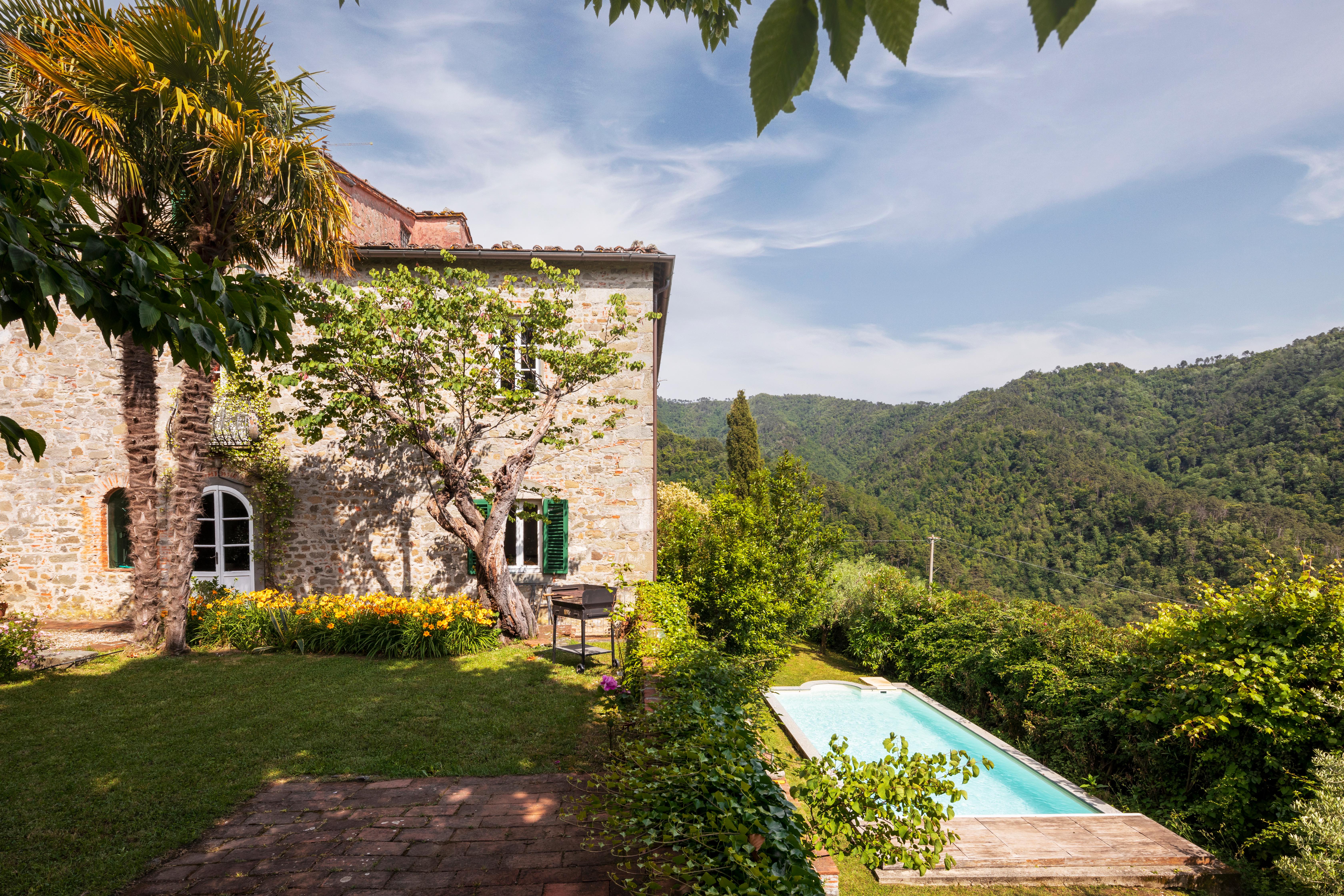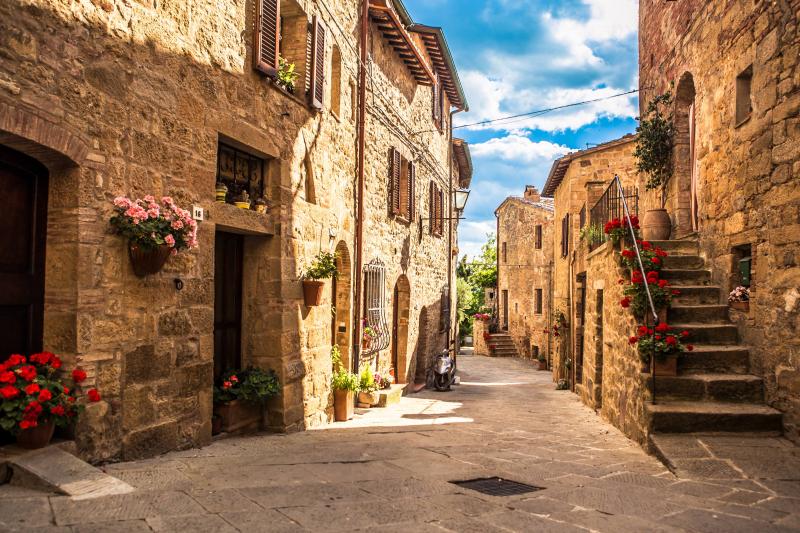Buying a home is complicated, no matter where you do it. When buying Italian real estate, especially as a foreigner who may not speak Italian, you increase that complexity exponentially.
There’s the challenge of navigating a foreign legal system, plus the hurdle of understanding documents and meetings in Italian. Purchasing property in Italy, like any process dealing with Italian bureaucracy, is best when approached with patience and a clear plan, ideally working with a professional who can guide you through the process. But before you start your journey, it can be ideal to have a general picture of the steps involved when buying a home in Italy and the pitfalls that might come up along the way, so you can avoid them.
Rule #1: Study the Italian real estate market
Buying a home in Italy, whether for vacation, retirement, or starting a business, is an investment in a real estate market you may not be familiar with. One of the common mistakes that potential new buyers make is not researching the market. What is the long-term investment potential of that “one euro” home? You want to know the value of what you're looking at before falling head over heels into the buying process. The National Institute of Statistics (Istat) is a source to research demographics, urbanism, economics and education in Italy, while Italy’s Revenue Agency (Agenzia delle Entrate) publishes news about real estate investments. Viewing online real estate listings is another way to get a general picture of the market and compare a home you may be interested in with others in the same region or with similar characteristics.
Rule #2: Hire a real estate professional
This step may be obvious, but trying to buy a home in Italy without the help of a real estate agent or lawyer is one of the fastest ways to make the whole process more complicated and frustrating. But you need to hire the right professionals. Especially if some of the real estate buying process happens remotely, verifying the authenticity and reputation of the company you're considering is an essential step. Before working with a real estate agent, check online reviews and ideally talk to their past customers. Hiring a real estate lawyer will also be essential if you find a listing from a private seller that you want to pursue. A lawyer can also play a crucial role as a power of attorney, with contracts and legalizing documents.
Rule #3: Verify the Italian real estate’s residency rules

When buying land in Italy, there are rules that define how that property can be used. There are protected areas for agriculture and parks where homes can’t be built, while some apartments may be designated for commercial use only. If the current owner of the home you're considering has an ongoing mortgage or if there’s a lien on the property, ownership rights may not be possible. A property may also need to be regularized before it can be lived in if additions were made without proper permits. Without looking into the legal documents tied to the property, you could be left with a perfect Italian dream home that you can’t live in.
Rule #4: Create a realistic budget
The excitement around “one euro” homes was dampened when people learned the real move-in costs. The price of an Italian property may be a significantly small percentage of the total investment you'll need to make to live in the home. In addition to taxes — notary fees, real estate agency fees, VAT (new homes) and registration tax — which could be about 10% of the total purchase price and can vary depending on where in Italy you buy, you’ll also have post-sale expenses. The appeal of many Italian homes, especially in the countryside, is their rustic design with features such as stonework, original tiles and wood stoves. However, don’t discount the cost of renovating that home to make it a comfortable place to live.
Rule #5: Be ready to negotiate
Even if you’ve found your Italian dream home and are ready to buy it at any price, negotiating may be advised during the final sale. Depending on where you are in Italy, the common percentage of flexibility in price may be around 10 percent. Research how long the property has been on the market, as this may help fuel your negotiations, and work with a power of attorney (such as your lawyer, who can also help with contract negotiations) if you would rather stay on the sidelines when closing the deal on your future Italian home. If you're trying to buy a home in Italy and don’t speak Italian, a power of attorney may act on your behalf during real estate negotiations.
Buying a property is one of the many challenges that can come with choosing to build a life or spending extended time in Italy. Understanding the steps involved and the mistakes to avoid can make the process faster and easier.
If you’re looking to purchase property in Italy, Italian Real Estate Lawyers can help you with every step of the process, from the initial search to signing the final deed. To learn more about their services, visit their website or contact info@italianrealestatelawyers.com.












